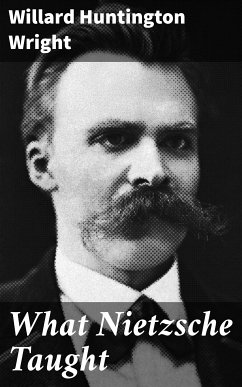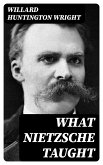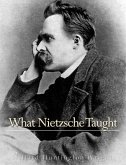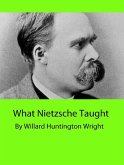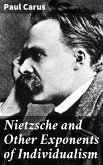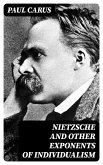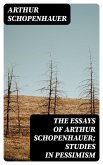In "What Nietzsche Taught," Willard Huntington Wright delves into the complex philosophy of Friedrich Nietzsche, offering a comprehensive analysis that is both accessible and thought-provoking. Through a meticulous exploration of themes such as the vúbermensch, the eternal recurrence, and the critiques of morality, Wright employs a clear yet sophisticated literary style that invites readers to engage deeply with Nietzsche's revolutionary ideas. Set against the backdrop of early 20th-century intellectualism, this work stands as a vital commentary on existentialism and modernity, skillfully contextualizing Nietzsche's influence on contemporary thought. Willard Huntington Wright, known for his multifaceted career as a novelist, philosopher, and literary critic, draws from his diverse background to provide a rich understanding of Nietzsche's teachings. His own quest for meaning and examination of philosophical systems reflects the cultural tensions of his time, particularly the shift from Victorian moralism to modern existential inquiry. Such personal and intellectual undercurrents not only inform his analysis but also demonstrate Wright's commitment to confronting the complexities of human existence, as inspired by Nietzsche'Äôs radical perspectives. Readers searching for a profound insight into Nietzsche's philosophies will find "What Nietzsche Taught" to be an invaluable guide. Wright's insightful interpretation invites both scholars and casual readers to reconsider the implications of Nietzsche's thought in a modern context, making this work a compelling addition to any philosophical library.
Dieser Download kann aus rechtlichen Gründen nur mit Rechnungsadresse in A, B, BG, CY, CZ, D, DK, EW, FIN, F, GR, H, IRL, I, LT, L, LR, M, NL, PL, P, R, S, SLO, SK ausgeliefert werden.

